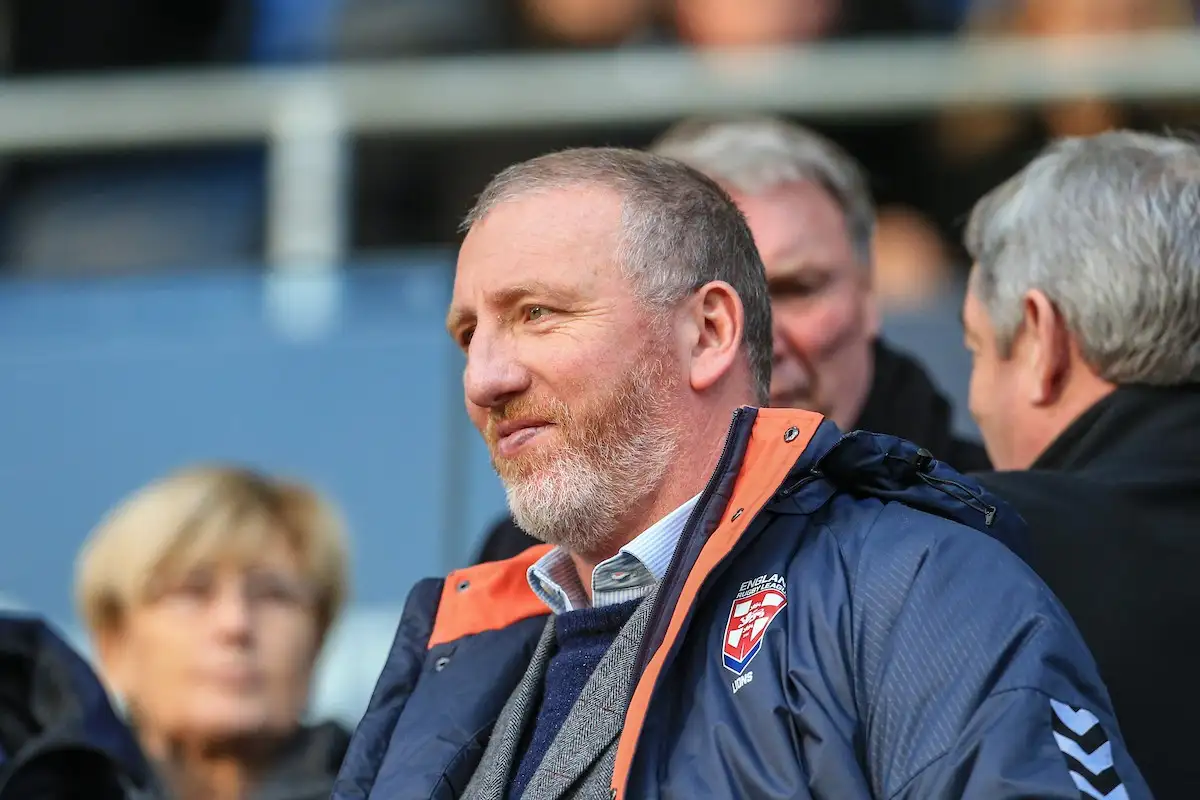RFL to use some of government loan to cover Ashes losses

The RFL will use some of the £16m loan from the government to help cover the losses caused by the cancellation of the Ashes series, it has been revealed.
Although announcing an annual profit last week, the governing body confirmed they were looking at around a £3m shortfall after the Kangaroos tour was cancelled due to the coronavirus pandemic, while another of the RFL’s big money-drivers – the Challenge Cup final – was also postponed.
It has now been re-scheduled for October, though it is as yet unknown for certain if fans will be allowed to attend and if so, in what numbers.
Chief executive Ralph Rimmer was instrumental in securing the £16m loan from the government during lockdown, and demand for it has been high.
No details are being released as to which clubs have applied for it, but various clubs at various levels of the game are at various stages of a detailed process to get their hands on funds, which will have to be paid back at some stage.
Speaking to community clubs at a recent webinar, Rimmer said: “There’s a great deal of demand at this moment in time, as you can imagine.
“That £16m is a significant amount but when you start to divide that between the application requests for funding to get the professional leagues through to safer waters in 2021, it will need to be used wisely, frugally and cautiously.
“The RFL will take a big hit on the Challenge Cup, and it’s massively disappointing to lose the Ashes – due to the lost revenue, there will be the requirement for the RFL to use the loan facility; and it’s disappointing from a reputational point of view as we like to get England out there as much as possible.
“This series was supposed to be the men, the women and the wheelchair sides playing the Kangaroos at the same time, and this can’t take place. It hurts us because this is a big piece of preparation for next year, when we are serious about winning silverware in this country. That was a big building block. It hurts, it’s not perfect but we move on.”
WATCH: Love RL on Toronto turmoil, the World Cup & what next for Super League
One of the caveats to the loan for professional clubs is that they must ensure work in their local community continues, though how that exactly filters through to the community clubs is uncertain.
Rimmer praised the volunteers at community clubs for their commitment to the cause, as well as highlighting the creative and innovative nature with which some have kept engaged with their local communities as well as raising funds.
He added: “Super League is the one that earns the broadcast contract and that money cascades down to the rest of the competitions and to the RFL, so that has been the primary concern, so the rest of the game can be funded. We met with Sky, discussed a debate, and they’ve been supportive and found an equation that hangs this all together.
“What the government did recognise is what this sport give its communities, and when that loan comes back in to our professional clubs, there will be a requirement of that loan to ensure that the activity that goes on in their areas continues to go on.
“The monies have come in to the community game from Sport England, which is around £1m so far, plus the World Cup legacy fund continues to be there.
“As a sport, we’ve been resilient, we’ve stuck together, the family of rugby league has looked after itself, we’ve been a bit creative and innovative and hopefully will emerge in to a good place.”
The RFL held its AGM last week where it revealed its financial position, with the £75,000 profit for 2019 representing a £402,000 turn-around from a loss of £327,000 in 2018.
Participation numbers have increased by 7% to 109,501, which could be crucial when it comes to the next wave of Sport England funding to be decided in 2021.
Broadcaster Clare Balding OBE was also presented as the new RFL President until July 2022, succeeding Tony Adams, who had been in post for a year.
Doncaster’s Carl Hall will extend his vice-presidency until December, when he will be succeeded by Hull KR’s Mike Smith for an 18-month term.